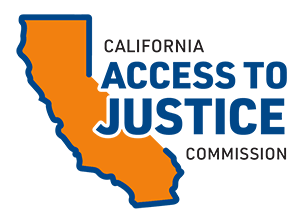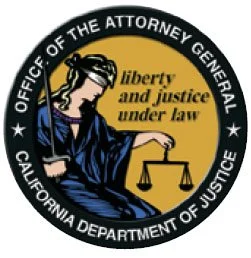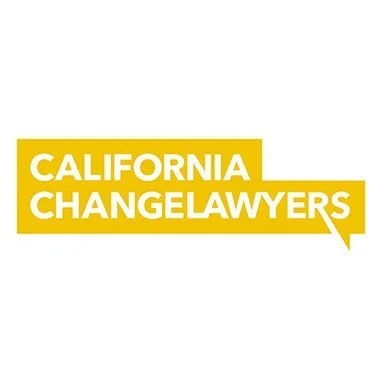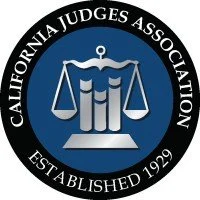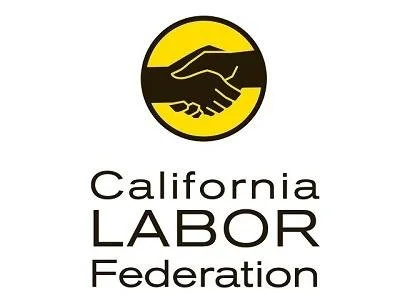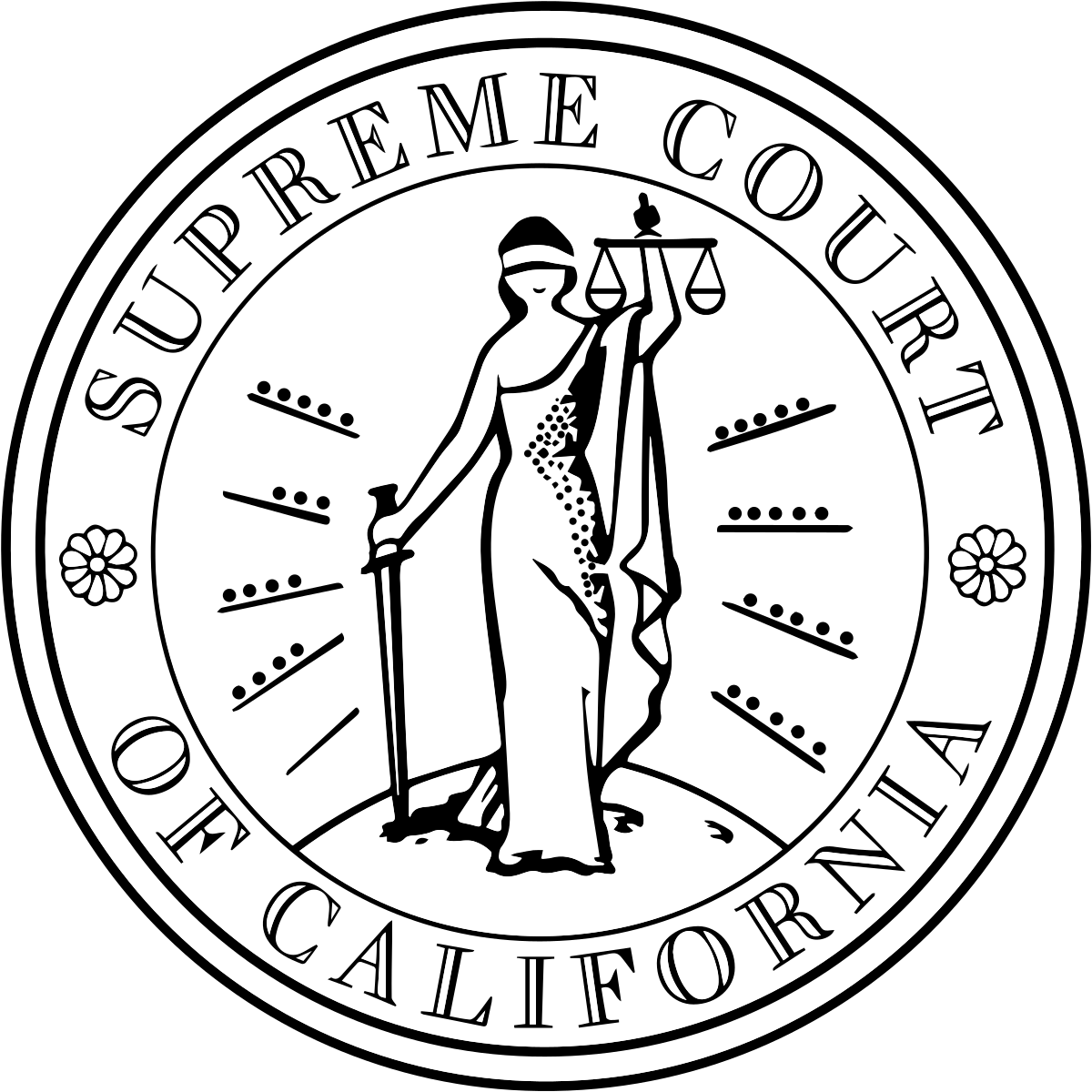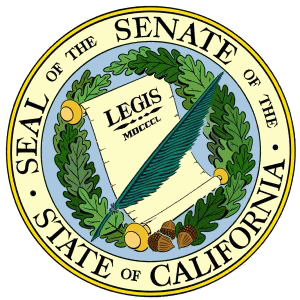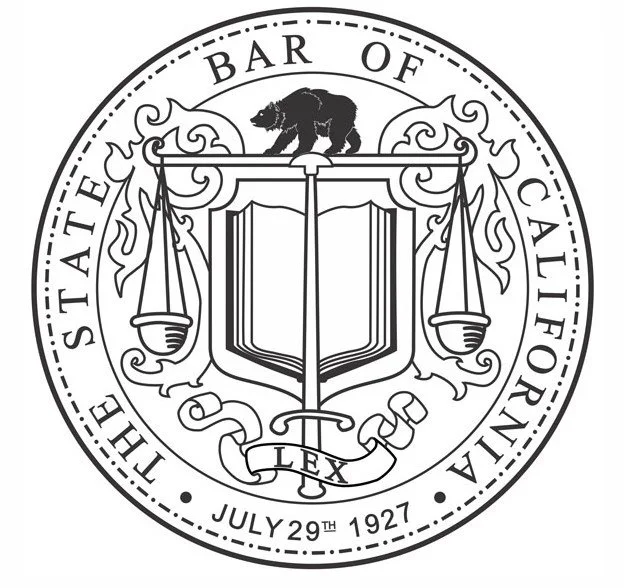About the Access Commission
The Mission
The California Access to Justice Commission advances access to justice for all Californians by expanding resources, removing barriers, and developing innovations so everyone can effectively and efficiently resolve their civil legal issues.
All Californians deserve justice. We envision a robust civil justice system that is well-integrated and coordinated so that everyone receives effective assistance to resolve their legal issues. Everyone should be able to get prompt access to the information and assistance they need, when and where they need it, in a format and language they can use. We collaborate with some of the most important stakeholders in the state, including the courts, the bar, the public, and the other branches of government, to achieve the following goals: Create a Continuum of Service; Improve Existing Systems; Expand Representation; and Promote Public Awareness and Trust.
Read about the history, purpose, and importance of the California Access to Justice Commission here.
The Goal
The Access to Justice Commission’s goal is to help create a justice system in which every Californian has a fair opportunity to access justice, to understand their rights and obligations, and to obtain an appropriate remedy when faced with a legal problem. To do so, the Commission facilitates collaboration among the courts, the bar, and the public, including all three branches of government and stakeholders throughout the state, to create a continuum of services that addresses the full scope and span of legal need in California.
All Californians deserve justice. Laws, legal procedures, rules, and regulations affect nearly every aspect of our lives. They govern — and may restrict — family relations, what we owe others, how others treat us, how we can get and keep jobs, whether we can stay in our homes, whether we can get help when we are sick or injured or lose a job or become homeless. Many of the most important human problems have a legal side. Our legal system may protect us if we can navigate it effectively — and may not enforce our legal rights if we cannot.
Improving Existing Systems
Identifying existing needs, gaps and challenges is a first step to facilitating improvements such as expanded language access, lay-friendly forms and processes and simplified rules and processes. The Commission, in collaboration with relevant stakeholders, proposes revisions to existing rules and practices in courts that may unintentionally exclude people with disabilities, those who face discrimination, and members of other vulnerable communities. To provide additional resources, the Commission supports enhancing services such as self-help centers, navigators and small claims advisors; appropriate language assistance in courts, administrative agencies, legal aid programs, libraries, and other community agencies; and encouraging mediation, negotiation, and other ways to resolve issues outside of the courtroom.
Expanding Free and Low Cost Legal Services
Well-funded legal aid is a critical component of the continuum. The Commission supports expanded funding for the chronically underfunded legal aid delivery system. To supplement that funding, and provide services that legal aid cannot, the Commission encourages attorneys, paralegals and others to offer pro bono assistance for the indigent. But to truly advance the availability of services, the Commission also works with the legal aid community to strengthen the infrastructure, expand collaboration, and support innovation in the delivery of legal aid.
The gaps in access to counsel include persons with incomes below the poverty line and those who still cannot afford representation, but do not qualify for legal aid services. As a result, the Commission encourages lawyers to offer low-cost legal representation, including reduced rate and limited scope legal assistance where appropriate, and provides materials that can help those lawyers operate an effective and efficient low-cost law practice serving a modest means clientele.
Civil right to counsel, sometimes called “Civil Gideon,” refers to the idea that people who are unable to afford a lawyer in legal matters involving basic human needs—such as shelter, food, safety, health, child custody, and incarceration—should have access to a lawyer at no charge. The Commission supports efforts to create and sustain a right to counsel for indigent litigants in appropriate civil cases.
Promoting Public Awareness and Trust
Creating expanded services will only be effective if individuals needing assistance know that it is available and how to access it and have confidence that it can effectively address their issues. Accordingly, the Commission supports expanding locations where information is available, increasing the availability of information in languages other than English, and improving the effectiveness of referrals. Enhancing existing referral systems and facilitating access to those referrals by developing triage guidelines and providing training to community providers is a Commission goal, as is researching and developing tools to effectively communicate with the general public about legal issues.
Engaging in Problem-Solving and Advocacy
On an on-going basis, the Commission seeks innovative solutions to the problems facing those who seek justice, by looking for new delivery methods, engaging in social and economic research and analysis to identify interventions that prevent conflicts from becoming legal issues, developing and promoting policy initiatives to expand access, designing and implementing pilot projects to test new ideas and systems, and, always, working with community partners to develop and implement new delivery mechanisms.
In short, the Access to Justice Commission strives to realize and fulfill the societal obligation to provide justice for all Californians.
Our Partners and Collaborators
Make a donation.
The California Access to Justice Commission advances access to civil justice for all Californians; expands civil justice resources for low-and moderate-income people; and develops innovations that reduce barriers to civil justice for Californians from diverse backgrounds.
If you would like to mail a donation, please make the check out to: California Access to Justice Commission and send it to: PO Box 645 Carmichael, CA 95609.
Please email info@CalATJ.org to inform us so that we can monitor for your check.
